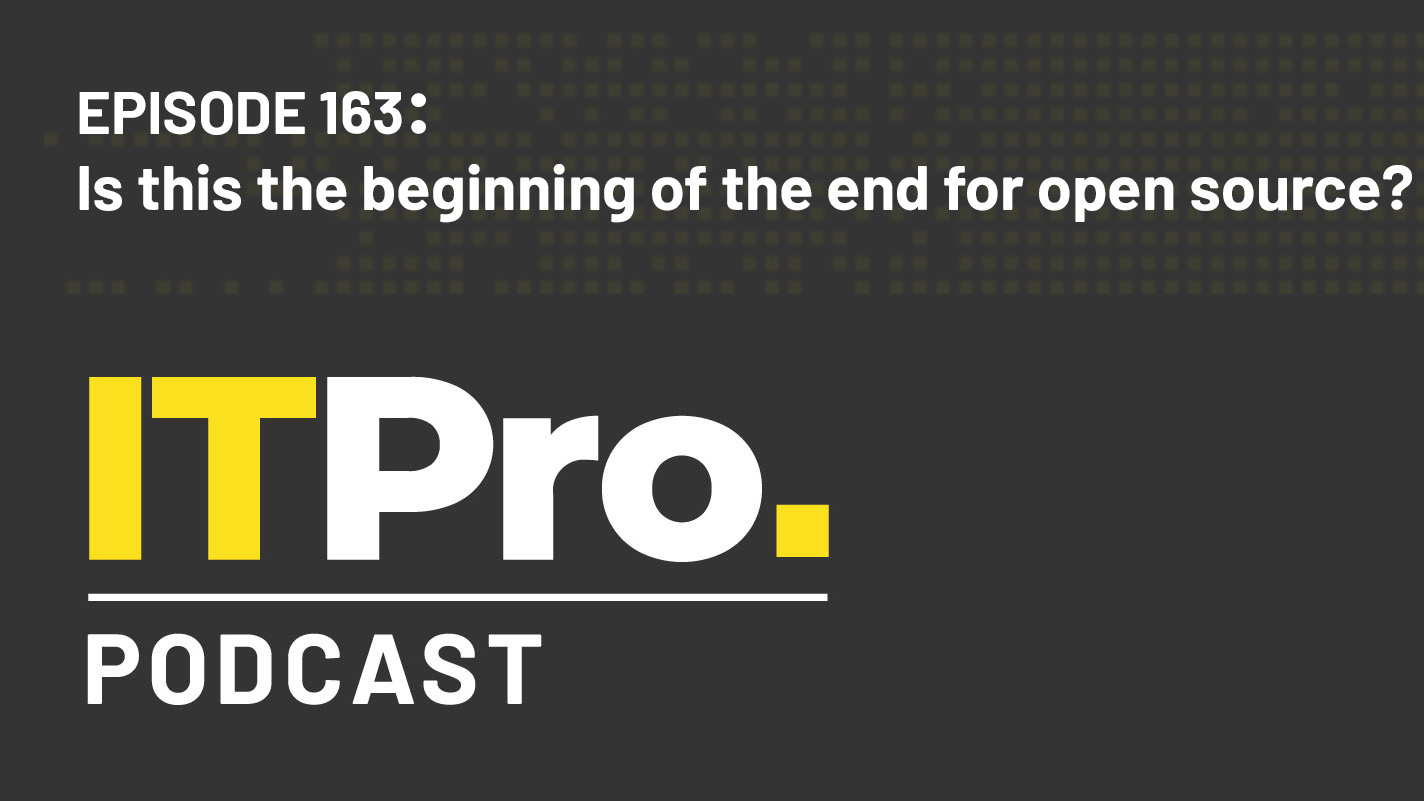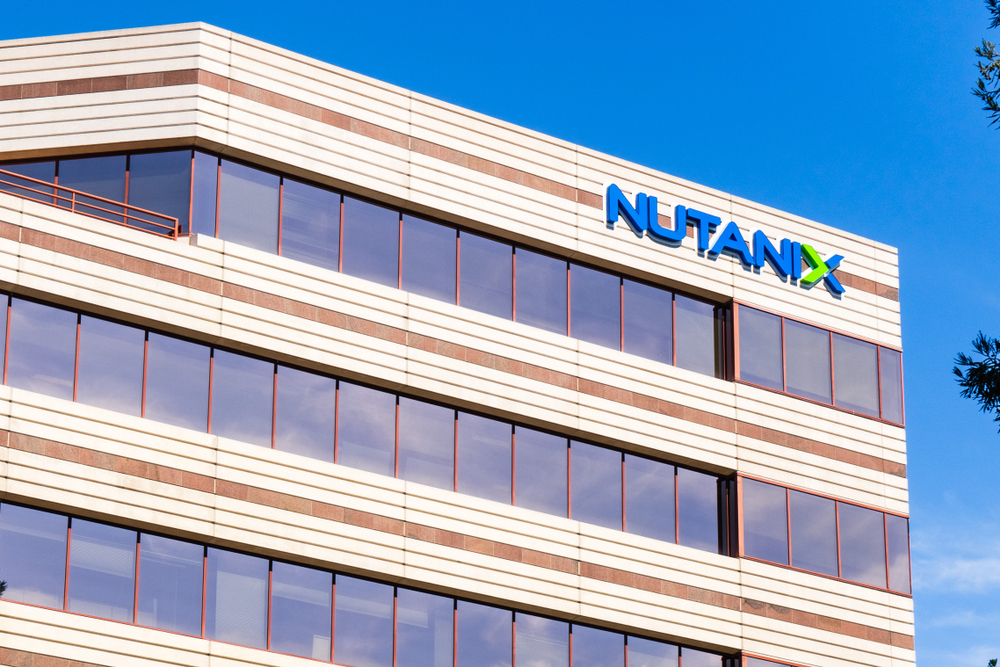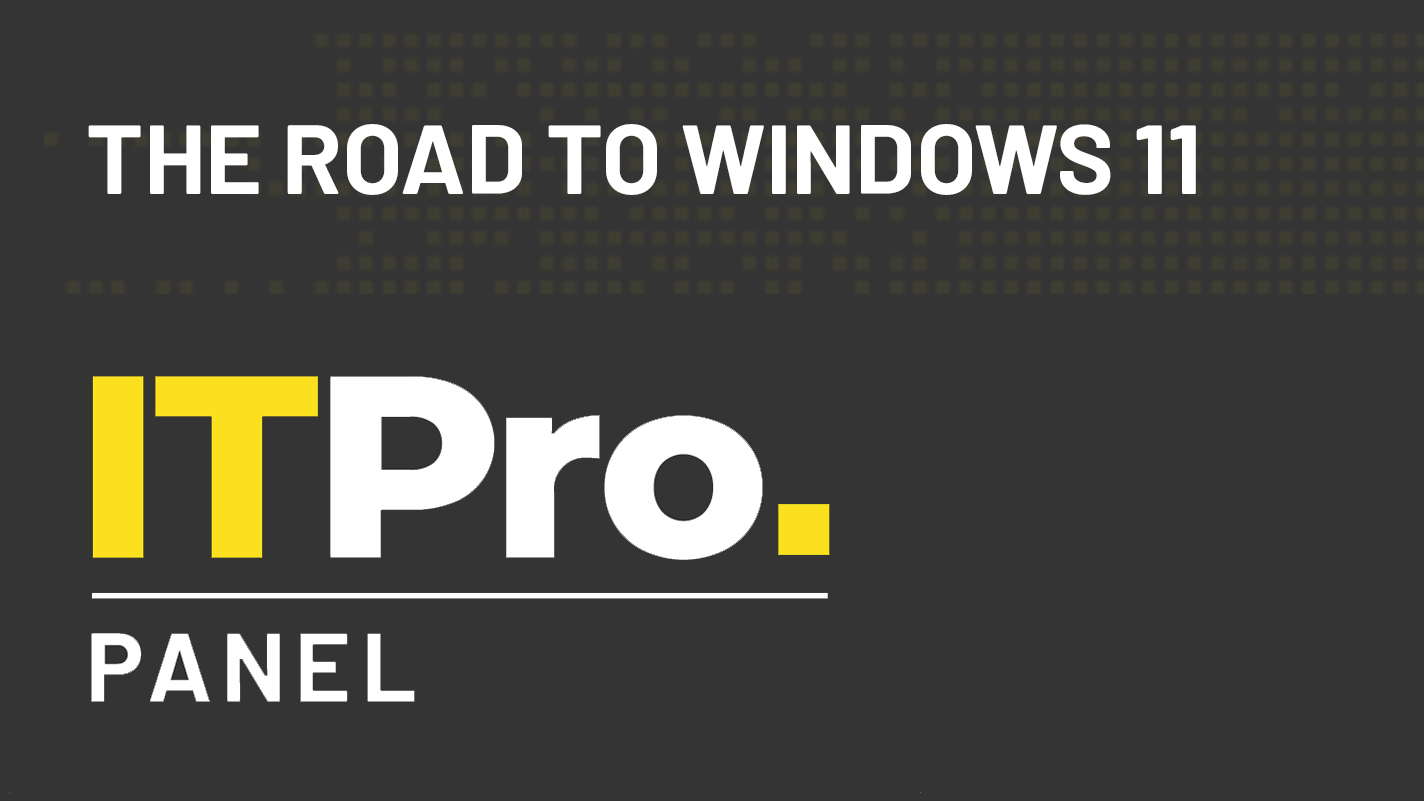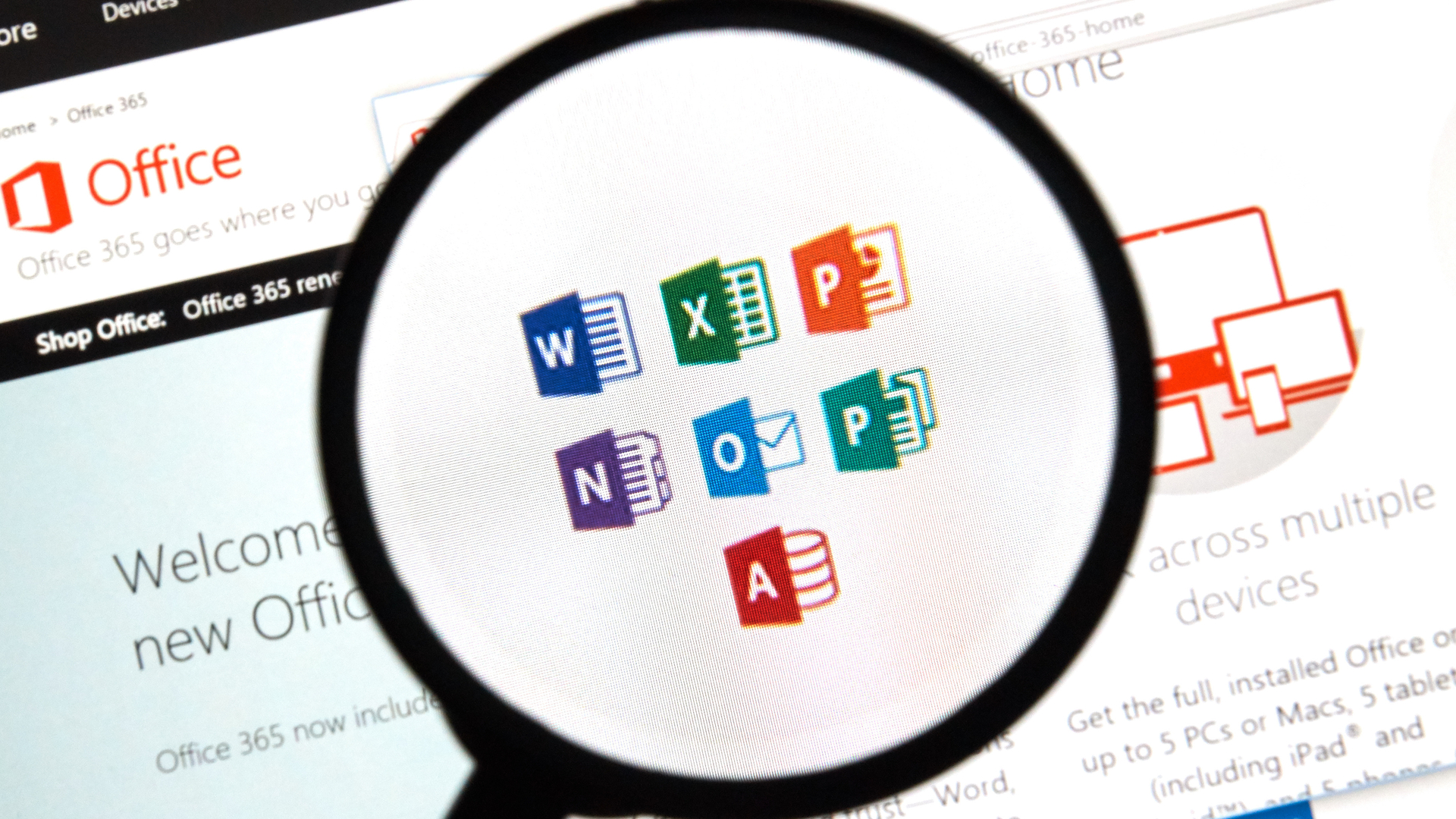Getting to grips with licence management
Can you be certain that everything on your network is properly licensed and paid for?

When people think of licence management, often they focus on ensuring they’re using legitimate copies of Windows and Office. Unfortunately, that only covers what former US defence chief Donald Rumsfeld memorably referred to as the “known knowns”. The sticky part of licence management is getting to grips with the “unknown unknowns”. People do strange things with computers, and even on a well-managed network you can find little fan clubs keeping old applications and variant releases alive, without giving the slightest thought to licensing.
Take activation, for example. For some, it’s a clear indication that an application is legitimate and there’s no need to worry, but activation alone doesn’t prove anything. Software can deactivate itself for all sorts of reasons: Some apps have time limits, some won’t start unless they can contact their licence server, some will only run in a particular region (and only reveal the fact once you’ve landed for your overseas business trip) and so forth.
Then there’s the issue of software that happily activates itself but still isn’t legal, owing to some contravention of the small print. For example, you might have a valid licence, but not the right one for professional use or for the hardware on which you’re running the software. According to the absolute letter of some software licences, you could be in violation by simply restoring an installation of the software from a backup. Being advised to contact your insurer for a new software licence is not unusual – shameful, but not unusual.
A simpler life in cloud and open source?
If your line-of-business apps are hosted on the cloud, licencing is less likely to be an issue, but it’s still not a sure thing. Arguably, the administrative burden goes up because it’s on you to ensure you’re not overpaying for oversized server instances and excessive bandwidth; the cost of getting such things wrong can be not only steep but also recurrent.
In the face of these challenges, it’s easy to think that a move to using open source software would be an easy solution. In reality, however, this type of software is licensed too – and some seemingly free packages are supplied under terms that are at least as awkward as those accompanying commercial software. By all means, rely on the open-source agreements you’ve got, but make sure you understand what might be expected of you the day that the compliance team drops by to give you a checkup.
Handling legacy systems
For many established businesses, some of their systems were set up years ago, making it harder to determine if old apps they’re running are appropriately licenced. Indeed, a typical office computer often has a service life longer than the required (or actual) document retention period. In many cases, however, licences are bought through a reseller, which should be able to provide a purchase history. It also makes sense to start keeping your own records, if you’re not doing so already. Check the end user licence agreements for anything running on your network too – and before you invest in new software, consider seeking a legal opinion on the licence.
Finally, don’t rely on the software publisher to give you the heads up that a licence contract is coming to an end. If you’re buying your code directly from the developer, you might reasonably expect some old-school customer service, and an understanding approach to any licence issues. But in the ruthless corporate world of software-as-asset, you’re unlikely to get any warning ahead of a brusque letter from your local compliance agency. Your best bet is to ensure your house is in order before things get hairy.
Get the ITPro daily newsletter
Sign up today and you will receive a free copy of our Future Focus 2025 report - the leading guidance on AI, cybersecurity and other IT challenges as per 700+ senior executives
-
 Should AI PCs be part of your next hardware refresh?
Should AI PCs be part of your next hardware refresh?AI PCs are fast becoming a business staple and a surefire way to future-proof your business
By Bobby Hellard Published
-
 Westcon-Comstor and Vectra AI launch brace of new channel initiatives
Westcon-Comstor and Vectra AI launch brace of new channel initiativesNews Westcon-Comstor and Vectra AI have announced the launch of two new channel growth initiatives focused on the managed security service provider (MSSP) space and AWS Marketplace.
By Daniel Todd Published
-
 Major educational hurdles need addressing to boost UK's GDP through open source
Major educational hurdles need addressing to boost UK's GDP through open sourceNews Experts have called for better insight into the responsibilities associated with adopting open source for the future of the community
By Rory Bathgate Published
-
 The IT Pro Podcast: Is this the beginning of the end for open source?
The IT Pro Podcast: Is this the beginning of the end for open source?ITPro Podcast There’s positive momentum in the open source community, but key players are questioning its longevity
By IT Pro Published
-
 Existential tensions put open source on path to crisis point
Existential tensions put open source on path to crisis pointAnalysis Divisions within the community, weariness towards corporates, and the spectre of regulation all challenge the future of open source
By Keumars Afifi-Sabet Published
-
 Nutanix accused of violating open source licence in object storage product
Nutanix accused of violating open source licence in object storage productNews MinIO claims it has tried and failed to resolve the issues with the company for three years
By Connor Jones Published
-
 IT Pro Panel: The road to Windows 11
IT Pro Panel: The road to Windows 11IT Pro Panel As the new OS gears up for rollout, we talk to our panellists about their upgrade plans
By Adam Shepherd Published
-
 Microsoft and Oracle slammed over 'anti-competitive' software practices
Microsoft and Oracle slammed over 'anti-competitive' software practicesNews Research takes aim at the industry, and the two tech giants in particular, for long-running anti-competitive practices
By Connor Jones Published
-
 Microsoft hints at standalone successor to Office 2019 suite
Microsoft hints at standalone successor to Office 2019 suiteNews The firm appears to U-turn on plans to scrap 'perpetual licence' editions of Microsoft Office
By Keumars Afifi-Sabet Published
-
 This exploit could give users free Windows 7 updates beyond 2020
This exploit could give users free Windows 7 updates beyond 2020News The tool, built to bypass extended support eligibility checks, was successfully tested on a dummy Windows 7 update
By Keumars Afifi-Sabet Published